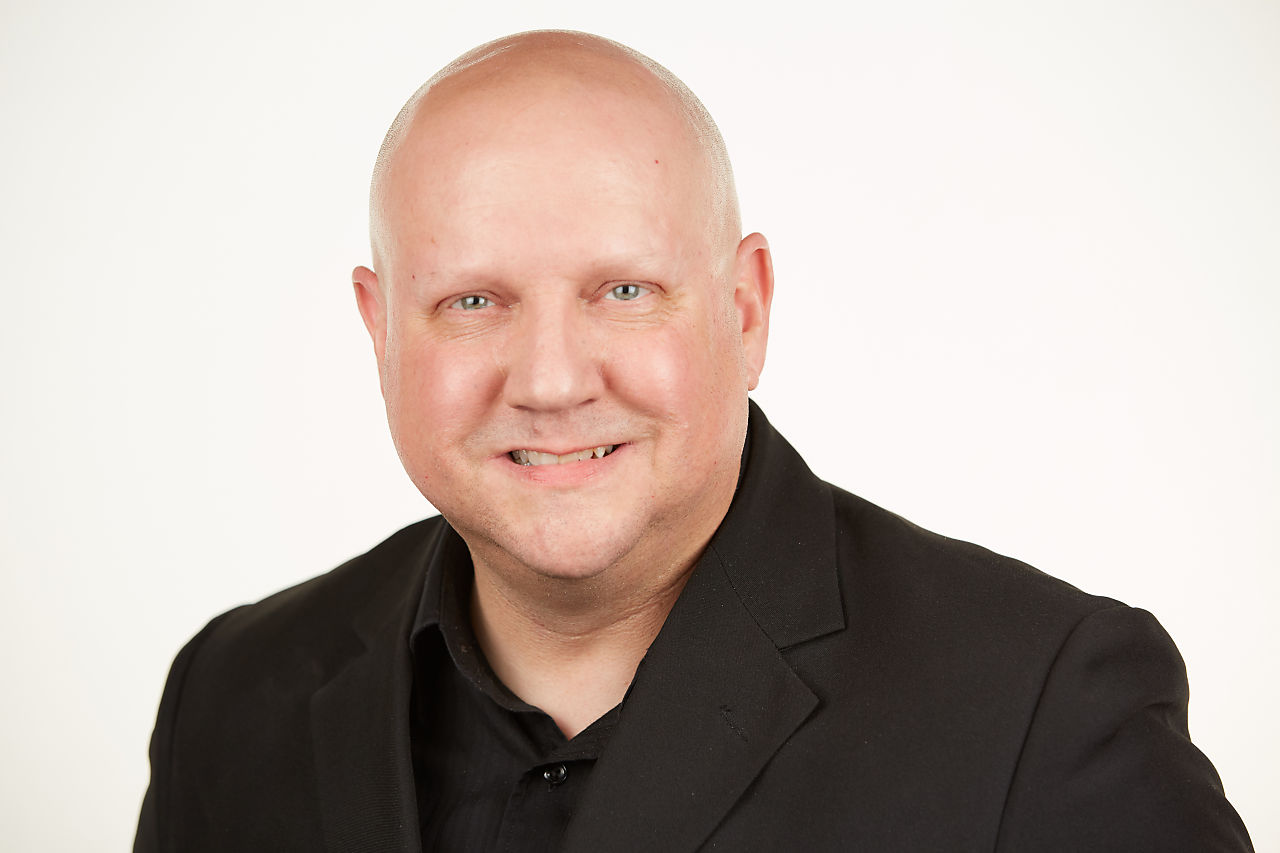Are you unable to stop thinking about work?
Leading up to my 369 Days, I was checking email from 6am until 11pm 7 days a week, because I was getting emails during those hours.
Who is to blame?
Me.
I could’ve ignored those emails, I could’ve stopped sending emails (new or replies). I could’ve told by boss(es) that I was off-line after 5pm and on weekends. But I didn’t, and I have two stents in my heart because of my bad decisions.
Fast forward 9 years later, now I don’t check emails 24/7. I don’t send emails to my team after 5pm on workdays, and definitely not on weekends. Has the world ended? Not that I can tell.
On my smartphone (commonly referred as iBinky), I don’t have the email app to get my work mail on the phone. I have to open up a website and log in, in order to access my mail. That way mail is not being constantly funnelled to my phone. I have to go fetch it (good boy!).
Here are my go-to steps to cut back on constant thoughts of work:
- Schedule your shut down of work every work day. If your work day ends at 5pm, then that’s when you stop working. Our bodies and minds are not designed for 24/7 work, so why do we continue to expect that of ourselves?
- Turn off email notifications on your smartphone, or delete the mail app altogether. If you’re an entrepreneur/solpreneur, then this may not be the best decision, but at least minimize the number of times you check email in a day.
- Install a time limit app on your phone Here’s a post of some good options
- Get a hobby. Remember hobbies? Things you did for fun? Yeah, maybe try doing that again.
- Journal your work thoughts. Every time you think about work, write it down, and what you’re thinking about. If you are constantly thinking about work, your hand is going to get hella tired of writing.

